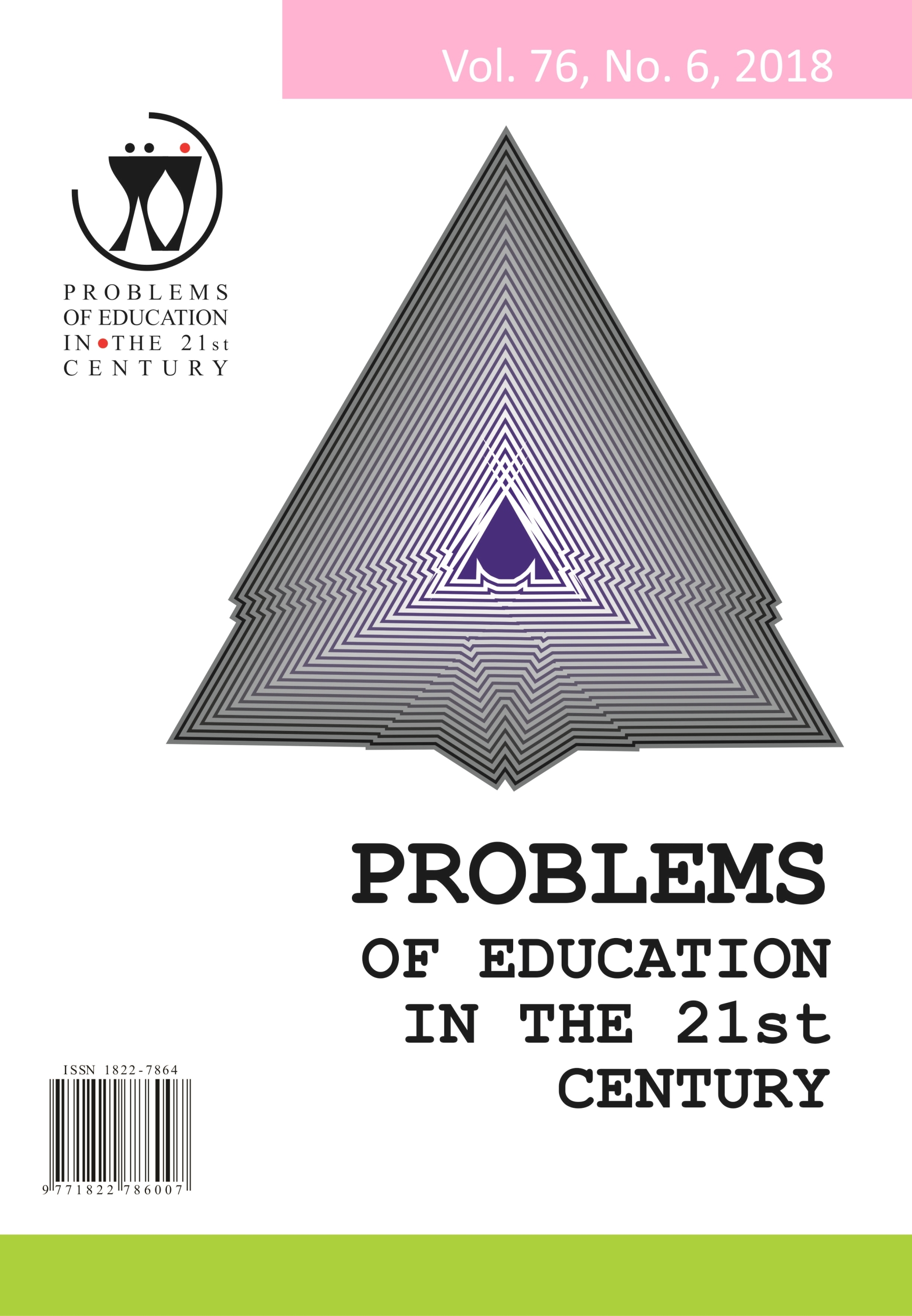THE ROLE OF ETHNOPEDAGOGY IN SHAPING POSITIVE ATTITUDES TOWARDS TRADITIONAL VALUES OF KAZAKH PEOPLE AMONG MASTER’S STUDENTS MAJORING IN EDUCATION IN KAZAKHSTAN
THE ROLE OF ETHNOPEDAGOGY IN SHAPING POSITIVE ATTITUDES TOWARDS TRADITIONAL VALUES OF KAZAKH PEOPLE AMONG MASTER’S STUDENTS MAJORING IN EDUCATION IN KAZAKHSTAN
Author(s): Rymshash Toleubekova, Engilika ZhumataevaSubject(s): Education, Culture and social structure , Higher Education , Sociology of Education
Published by: Scientia Socialis, UAB
Keywords: attitude formation; postgraduate education; ethnopedagogy; Master's degree students; survey-based methodology; the Republic of Kazakhstan; traditional values;
Summary/Abstract: Since gaining independence in 1991, the Republic of Kazakhstan has been consistently working on restoring the national identity. An important role in this process is played by education, therefore, there is a growing Government interest in instilling national values in pre-service and in-service teachers. The aim of the research was to establish whether the attitudes towards the traditional values of the Kazakh people held by Master's students majoring in Education would change as a result of studying an elective course in Ethnopedagogy. Based on an analysis of the traditional values of the Kazakh people undertaken by Kazakh researchers, a classification of these values was developed and used as a basis for a questionnaire designed to identify attitudes towards these values. A survey was conducted with the students from two universities. The sample of the research was 119 people: 59 students formed the experimental group (the one where the elective course was taught), the remaining 60 were in the control group (that did not study the course). The survey was conducted twice: before the beginning and after the end of the course. The results of the first survey showed no statistically significant differences between the experimental and control groups. The second survey clearly showed positive changes in the attitudes towards the traditional values of the Kazakh people in the experimental group, while in the control group the results remained approximately at the level of the first survey. A conclusion was made that it is necessary to strengthen the national and cultural components in the content of pedagogical education in the Republic of Kazakhstan.
Journal: Problems of Education in the 21st Century
- Issue Year: 76/2018
- Issue No: 6
- Page Range: 834-846
- Page Count: 13
- Language: English

